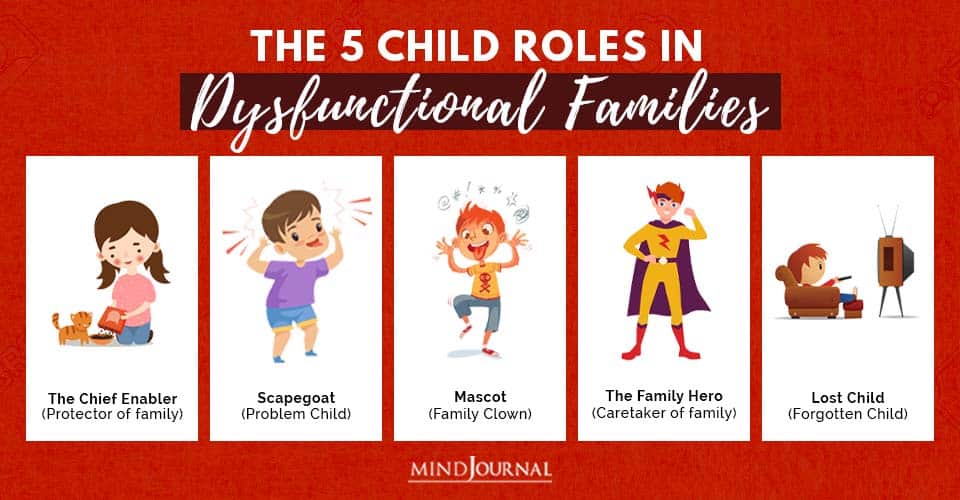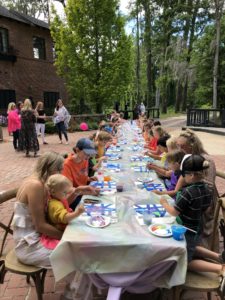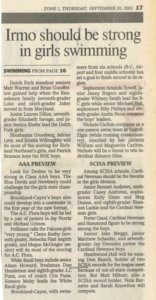
Family Dynamics of Addiction
One of the ways that we support you is by introducing you to the family dynamics of addiction and their role in your loved one’s treatment and recovery. Our caring and experienced counselors meet with families as a group and individually to provide therapeutic insight into what addiction dynamics may be at play in your specific context. Often family members take on different “survival” roles in an effort to cope with their loved one’s disease. Enablers, heroes, scapegoats, the lost child and the mascot are common examples of the dysfunctional ways in which various members of a family system will compensate for and adapt to active addiction in their midst.
What Is Enabling?

In many cases, addicts grow accustomed to the enabling patterns of well-meaning loved ones, who give them money (which is then used to buy drugs) or offer them a free place to stay without expecting anything in return. Some codependent loved ones will even go so far as to drive the addict to their drug dealer. Such gestures only succeed in worsening a loved one’s addiction.
Enabling is one of the most common pitfalls that families face. An enabler is typically a parent, grandparent or spouse who believe they are helping the addict by showing concern and loyalty for someone who seems to be a “victim.” Enablers desperately want to avoid confrontation and will deliberately avoid confronting the addict, by giving in to the addict’s demands. In addition, enablers think that by preventing (avoiding) conflict, the problem will eventually solve itself.
Enabling is any form of positive reinforcement that encourages negative behavior in a drug addict. If an addict’s family member always give in to an addict’s demands for money, transportation, food, and shelter, they are positively reinforcing (essentially rewarding) the addict’s behaviors. (credit https://fherehab.com/services/family-program/)


